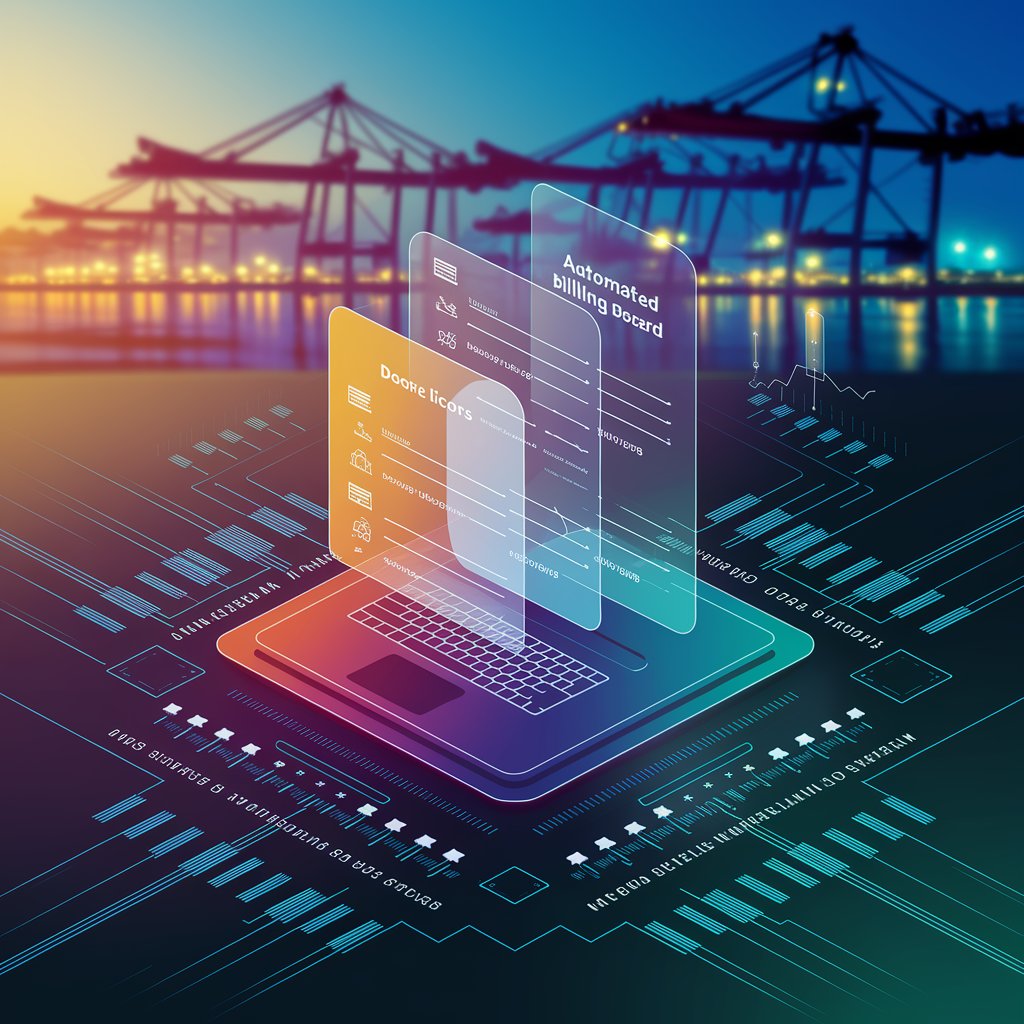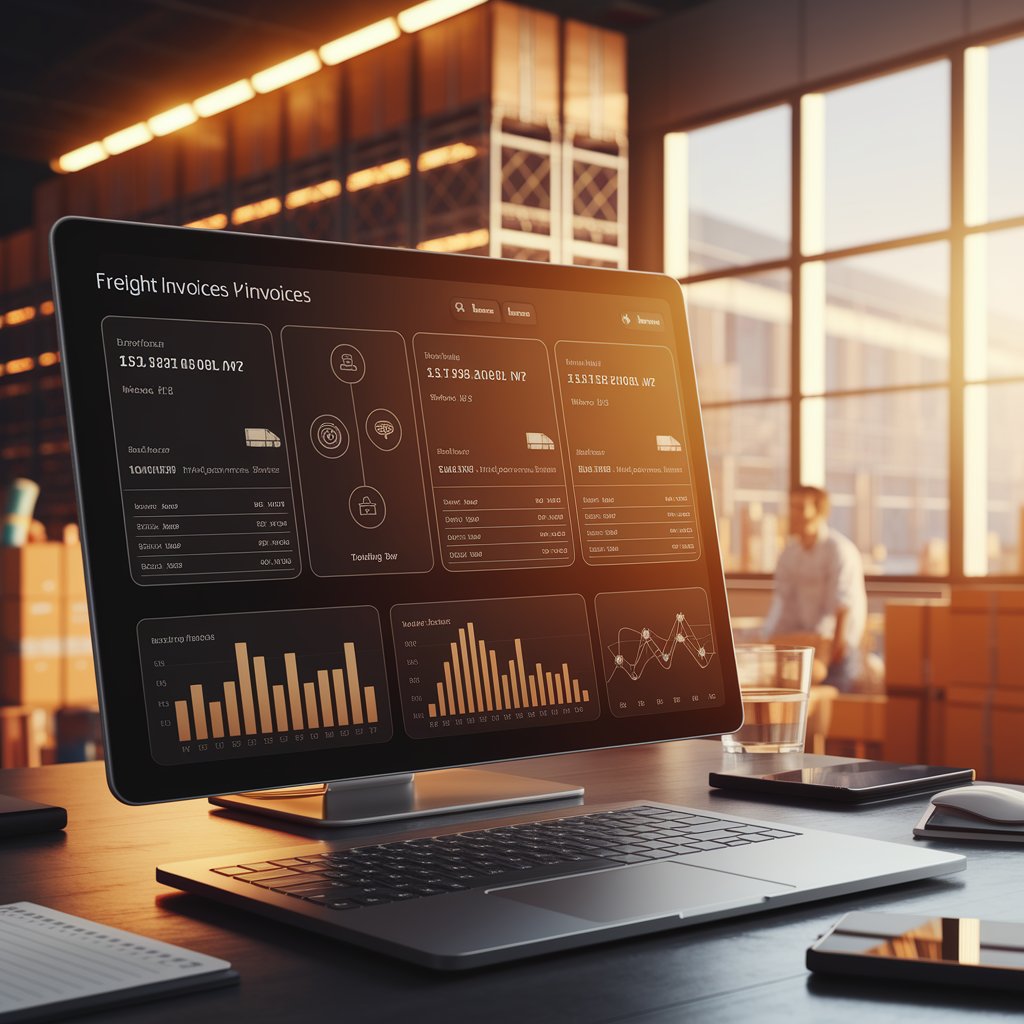Automated Freight Invoicing: Streamlining Payments in Logistics

Introduction
Automated freight invoicing is transforming this process. By using digital tools and AI-driven platforms, companies can generate, validate, and process invoices automatically—ensuring accuracy, efficiency, and transparency throughout the supply chain.
What Is Automated Freight Invoicing?
Automated freight invoicing refers to the use of software and automation tools to handle freight billing without manual intervention. These systems connect directly with transportation and logistics platforms to automatically:
- Generate invoices from shipment data
- Apply correct tariffs, surcharges, and taxes
- Validate data against contracts or rate sheets
- Send invoices electronically to clients
- Track payments and resolve disputes faster

Key Features of Automated Freight Invoicing
- Rate Validation: Automatically matches invoice charges with agreed rates.
- Multi-Currency Support: Simplifies international transactions.
- Electronic Data Interchange (EDI): Enables seamless digital invoice transfer.
- Error Detection: Flags discrepancies before invoices are sent.
- Integrated Reporting: Links invoicing data with accounting and ERP systems.
Benefits for Logistics Providers
- Faster Payments: Shorter billing cycles accelerate cash flow.
- Reduced Errors: Automation eliminates costly mistakes in invoices.
- Cost Efficiency: Save time and resources by reducing manual workload.
- Customer Trust: Provide transparent, accurate, and professional billing.
- Scalability: Handle growing shipment volumes without increasing admin costs.

Real-World Applications
- Freight Forwarders: Automatically generate invoices for multimodal shipments.
- Carriers: Validate billing across complex rate structures and surcharges.
- 3PL Providers: Consolidate invoicing for multiple clients.
- Global Shippers: Manage international tax compliance with automated systems.
The Future of Freight Invoicing
AI, blockchain, and smart contracts are shaping the future of automated freight invoicing. Systems will not only create invoices but also self-validate transactions, resolve disputes automatically, and enable real-time settlement between logistics partners. This will lead to greater efficiency and trust across the entire industry.

Conclusion
Automated freight invoicing is revolutionizing financial management in logistics by reducing errors, accelerating payments, and improving transparency. By adopting automation, logistics providers can strengthen cash flow, boost profitability, and deliver better customer experiences. In the digital era, automated invoicing is no longer optional—it is the key to future-ready logistics.
